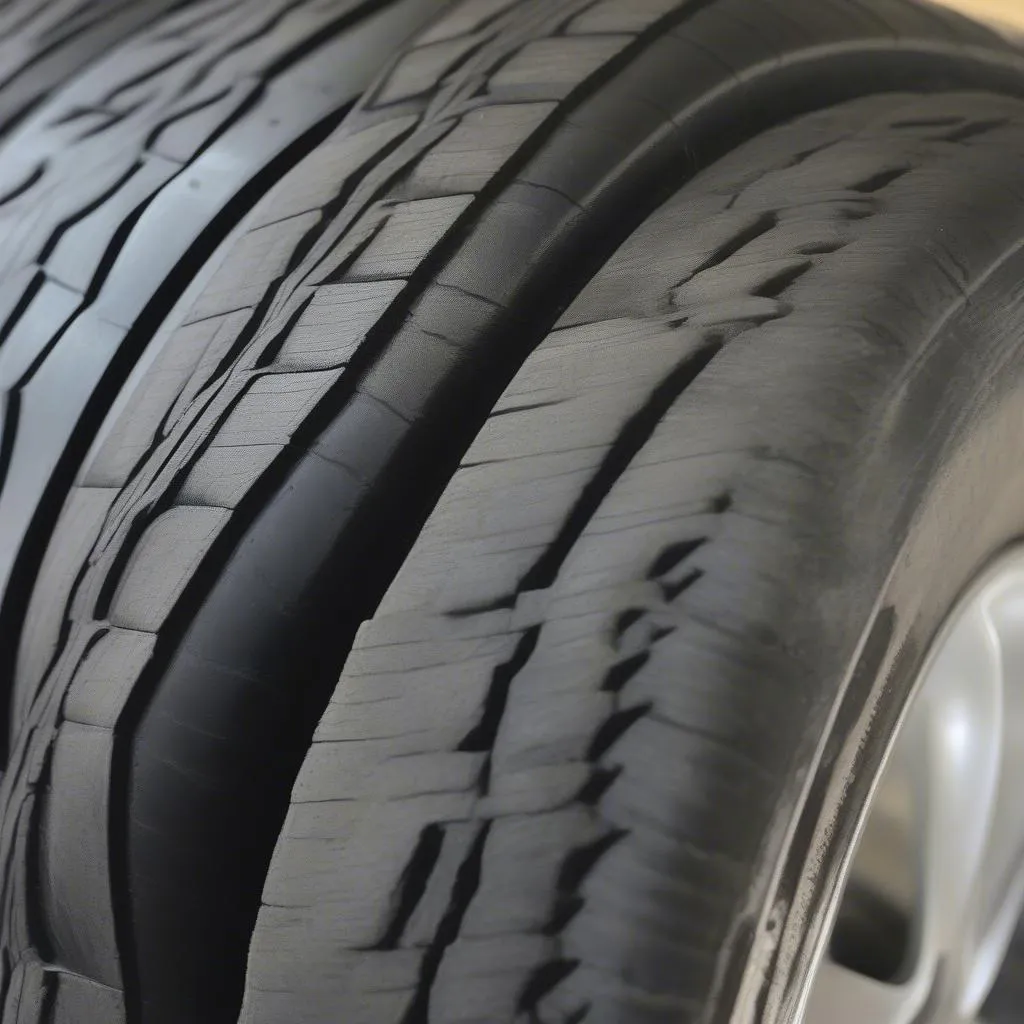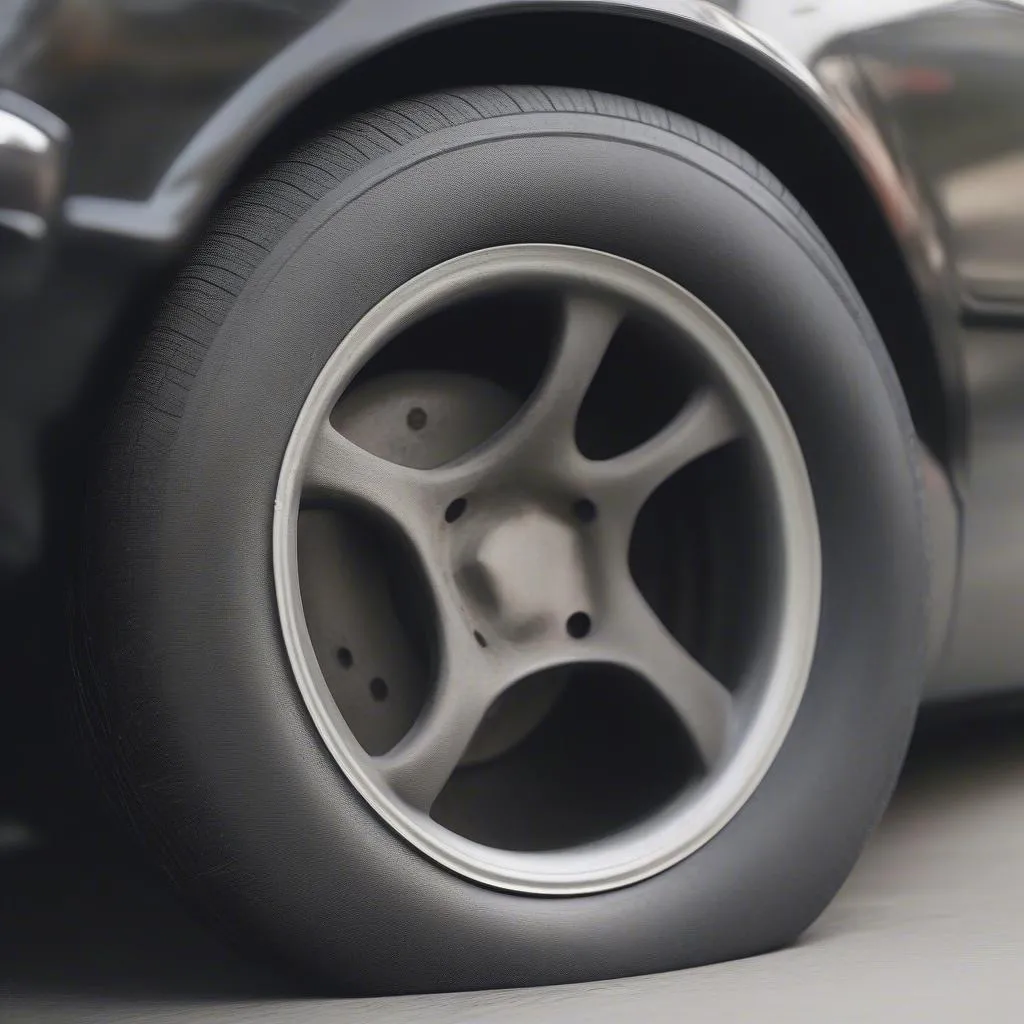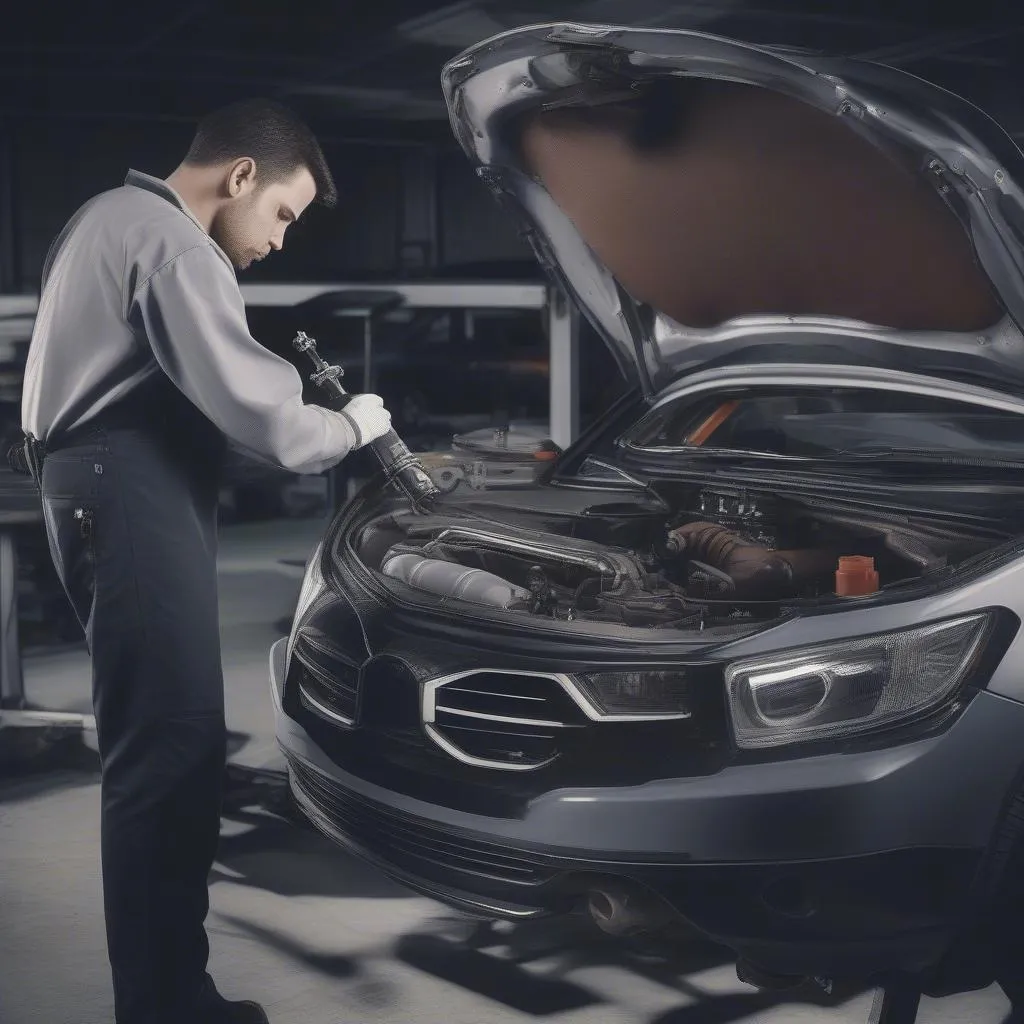You’re cruising down the road, enjoying the smooth ride, when suddenly you feel a vibration coming from your tires. It’s most noticeable at low speeds, but it can get worse as you accelerate. What’s going on?
This is a common problem, and it’s often a sign that something is wrong with your tires or suspension. But don’t worry, in this article, we’ll explore the common causes of tire vibration at low speeds and how to fix it.
Understanding Tire Vibration at Low Speeds
Tire vibration at low speeds is an issue that every car owner might encounter at some point. It’s a symptom of an underlying problem that requires attention.
From a technical perspective, tire vibration is caused by uneven tire wear, wheel balance issues, or problems with the suspension system.
Causes of Tire Vibration at Low Speeds
Tire vibration at low speeds can be caused by several factors. Here are some of the most common ones:
- Uneven Tire Wear: This is a common cause of tire vibration, especially at low speeds. If your tires are wearing unevenly, it can create an imbalance that causes the vibration. Uneven tire wear can happen due to misaligned wheels, over-inflation or under-inflation, or improper tire rotation.
- Wheel Imbalance: A tire’s weight should be evenly distributed around the wheel. If the weight isn’t balanced properly, it can create a vibration. Wheel imbalance can happen due to factors like tire wear, damaged tires, or improper wheel installation.
- Bent Wheel: A bent wheel can create an imbalance, especially if it’s bent in the center. This can happen due to hitting a pothole or curb.
- Damaged Tire: A damaged tire, such as a tire with a bulge or a puncture, can cause vibration.
- Suspension Problems: Worn-out suspension components, such as shock absorbers, struts, ball joints, or tie rod ends, can also contribute to tire vibration.
Diagnosis of Tire Vibration:
Diagnosing the cause of tire vibration can be tricky, as it can be caused by a variety of things. Here are some tips for diagnosing the problem:
- Inspect Your Tires: Start by checking the condition of your tires for signs of uneven wear, damage, or bulges.
- Check for Imbalance: If your tires are in good condition, you’ll need to check for wheel balance. A mechanic can use a wheel balancer to check the balance of your wheels.
- Inspect the Suspension: Next, have a professional mechanic inspect your suspension system for worn-out components.
Fixing Tire Vibration at Low Speeds
The fix for tire vibration at low speeds depends on the underlying cause. Here are some common solutions:
- Replace Worn-Out Tires: If your tires are worn out or unevenly worn, replacing them with new tires will fix the vibration.
- Balance Your Wheels: If your wheels are out of balance, a mechanic can rebalance them.
- Repair or Replace Bent Wheels: A bent wheel can be repaired or replaced.
- Repair or Replace Damaged Tires: If a tire is damaged, it needs to be repaired or replaced.
- Repair or Replace Suspension Components: If your suspension system is worn out, you’ll need to repair or replace the affected components.
Frequently Asked Questions:
Q: How do I know if my tire vibration is caused by a tire problem or a suspension problem?
A: It can be tricky to determine the exact cause without a proper inspection. If you notice the vibration only when braking, it is likely a suspension problem. However, if the vibration is consistent across different speeds, it might be due to tire wear or imbalance.
Q: Should I be concerned about tire vibration?
A: Yes, you should be concerned about tire vibration. It can be a sign of a more serious problem, which can affect the safety of your vehicle.
Q: Can tire vibration damage my car?
A: Yes, tire vibration can damage other components of your car, such as your suspension, bearings, and steering.
Q: How often should I get my tires balanced?
A: Most mechanics recommend getting your tires balanced every 5,000 miles or 6 months. However, you should get your tires balanced more often if you notice a vibration or if you drive in areas with rough roads.
Q: Should I use a tire pressure gauge for my car?
A: Absolutely! Using a tire pressure gauge regularly helps ensure that your tires are inflated to the correct pressure. This can improve the life of your tires and enhance your driving experience.
Other Articles You Might Find Useful:
- Car Shaking After New Tires
- Shaky Car at High Speeds
- Steering Wheel Shaking at Higher Speeds
- Car Vibrates at High Speeds
- What Causes Vibration When Accelerating
 Tire vibration due to uneven wear
Tire vibration due to uneven wear
 Tire vibration due to bent wheel
Tire vibration due to bent wheel
 Tire vibration caused by suspension issues
Tire vibration caused by suspension issues
Don’t Let Tire Vibration Ruin Your Drive!
If you experience tire vibration at low speeds, don’t ignore it. It’s a warning sign that something needs to be fixed. Get your car inspected by a trusted mechanic as soon as possible.
Have any questions or need further assistance? Get in touch with our team at Diag XCar for a free consultation. We’re here to help you troubleshoot any automotive issues, including tire vibration, 24/7. Contact us via WhatsApp at +84767531508.
We encourage you to share your thoughts and experiences with tire vibration in the comments below. We’re always happy to hear from you!